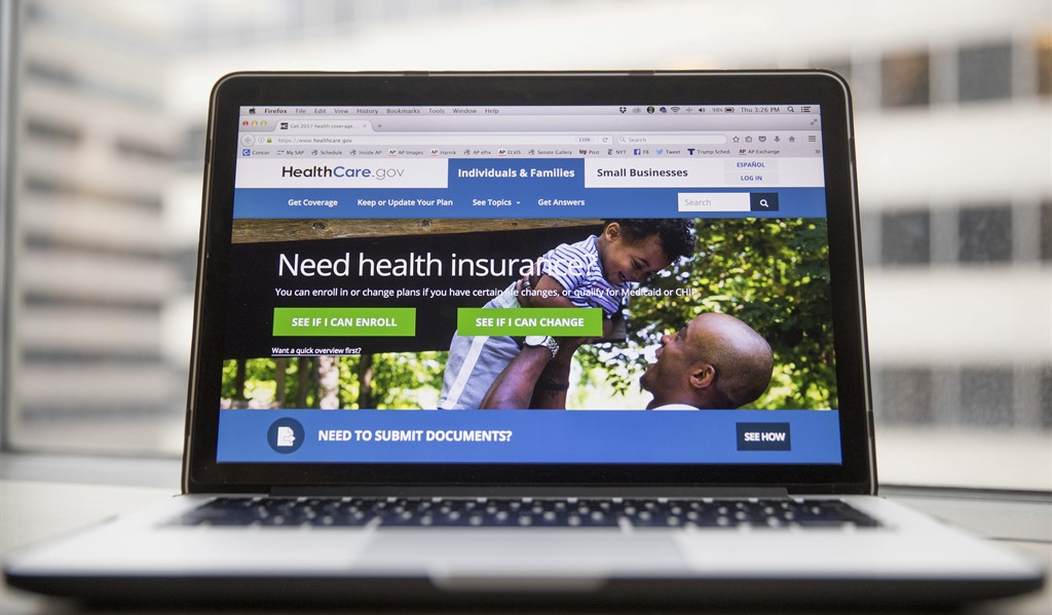The New York Times published an interesting story Monday that seems pretty significant. Last week a House subcommittee approved a provision that would stop the IRS from enforcing the individual mandate:
The House Committee on Appropriations has drafted a provision to stop the I.R.S. from enforcing the mandate. The restrictions, for the fiscal year that starts Oct. 1, are included in an appropriations bill that was approved on Thursday by the Subcommittee on Financial Services and General Government.
“None of the funds made available by this act may be used by the Internal Revenue Service to implement or enforce section 5000A of the Internal Revenue Code,” which imposes the tax penalty on people who go without insurance, the bill says…
Garrett Hawkins, a spokesman for [Rep. Tom] Graves, explained the reason for the restrictions by saying, “While Congress works to pass President Trump’s health care plan, stopping the I.R.S. from implementing the harmful individual mandate helps provide relief for the families suffering under Obamacare.”
The story suggests this is being pursued as a backup plan in case the effort to repeal Obamacare (or some portion of it) fails in the Senate. It’s also not clear from the story how far along the appropriations bill in question is in the process.
Generally speaking, undercutting the individual mandate would cut off one of the legs of the so-called three-legged stool of Obamacare. If you have a system with guaranteed issue, i.e. the requirement that insurers offer policies to everyone regardless of health and preexisting conditions, you must have something like the individual mandate, i.e. requiring people who aren’t sick to buy insurance. Dropping the mandate would result in the ill remaining in the system and healthy people jumping out until they become ill. This would lead premiums to skyrocket.
Ending the individual mandate still wouldn’t be the end of Obamacare because people getting full subsidies would be insulated from the price hikes no matter how high premiums go. But it would turn the law into something very different than what was intended, i.e. a medical safety net program for the poor. After several years of double-digit price hikes, no one who isn’t receiving the government subsidies would be able to afford the plans being offered. But unless the coverage mandate is also being repealed, it’s not clear what alternative people in the individual market would have.
Perhaps the more important impact of this at the moment is that it tells insurers that, even if the repeal effort fails, the individual mandate is not safe. That could have an impact on how many insurers decide to remain in the system next year. Even insurers who have already put forward rate increases for next year could still drop out of the exchanges if they decide the system is going to spiral out of control. Some have already warned they might pull out of the outlook dims.







Join the conversation as a VIP Member